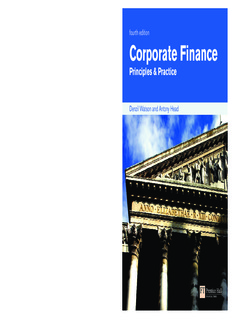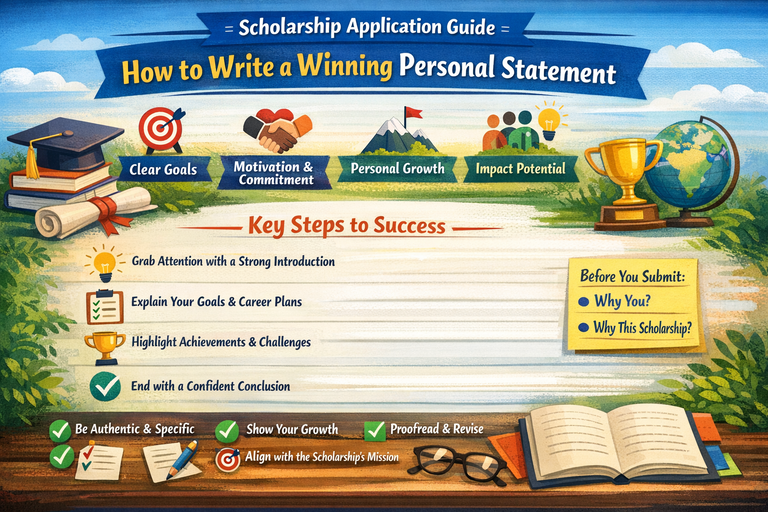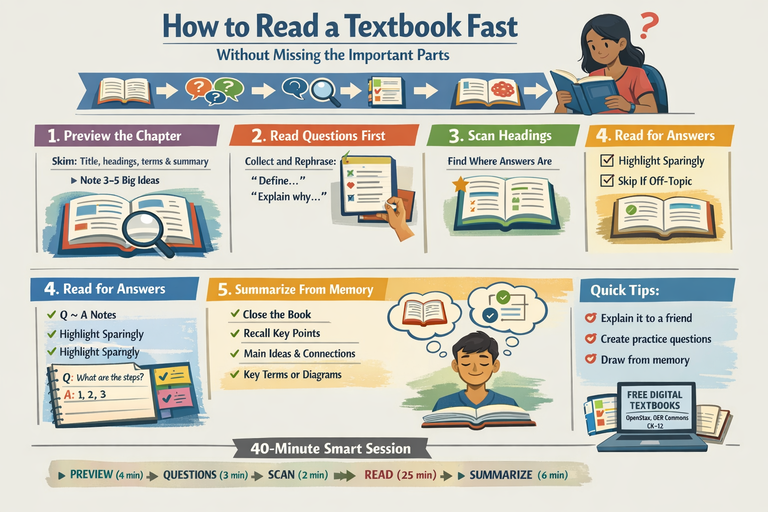The Business of Books: Novels That Unpack Publishing, Marketing, and Media
Books often take us to faraway lands, into the minds of unforgettable characters, or deep into philosophical questions—but some books do something else entirely.
They turn their attention inward, offering a behind-the-scenes look at the very business that makes storytelling possible: publishing, marketing, and media. These novels peel back the curtain on how stories are bought, sold, shaped, and shared, revealing both the magic and the machinery behind the literary world.
From the glamour and cutthroat competition of publishing houses to the psychological games of publicity and branding, literature about literature is more than just a meta-narrative—it’s a fascinating lens on power, culture, and commerce. In this article, we explore how fiction has portrayed the book business through various eras and characters, unpacking the drama, ethics, and economics of publishing.
Publishing Houses: The Gatekeepers of Storytelling
One of the central tensions in novels about publishing is the gatekeeping role of editors, agents, and publishers. Who gets published—and who doesn’t—is a question that has driven several fictional narratives.
In A.N. Wilson’s “Scandal”, the inner workings of a London publishing house become a vehicle to explore manipulation, literary rivalry, and the politics of taste. The novel highlights how editors wield enormous influence—not just over which books see the light of day, but how authors are marketed and remembered.
“The Ghost Writer” by Philip Roth also gives readers a window into the world of literary reputation. The novel portrays a young aspiring writer seeking approval and validation from a respected older author. Through their interaction, Roth reflects on the shifting standards of literary greatness and the subtle hierarchies that govern the publishing world.
Meanwhile, “The Editor” by Steven Rowley offers a more humorous but poignant perspective. In this novel, a struggling writer discovers that his editor is none other than Jacqueline Kennedy Onassis. The story captures the anxiety, absurdity, and unexpected intimacy that can arise in the author-editor relationship.
The Struggle for Commercial vs. Literary Success
Fiction often contrasts the pursuit of artistic integrity with the pressure to achieve commercial success. This tug-of-war is a recurring theme in novels that delve into the book industry.
“Wonder Boys” by Michael Chabon portrays a literature professor and novelist caught in the spiral of self-doubt, unfinished manuscripts, and failed expectations. His inability to finish a second book after early success mirrors the struggle many authors face between creating something meaningful and creating something marketable.
In “The Plot” by Jean Hanff Korelitz, the protagonist, a once-promising writer turned embittered writing teacher, steals a plot idea from a deceased student and turns it into a bestselling novel. The book explores the fine line between inspiration and theft, and how the drive for success can cloud ethical judgment.
“The Bestseller” by Olivia Goldsmith is a razor-sharp satire of the publishing world, focusing on five very different books and the ruthless competition between their authors and agents. It examines how marketing, timing, and pure luck often dictate which books become bestsellers—sometimes more than talent does.
Marketing and Publicity: The Business Behind the Buzz
Marketing is as crucial to the book business as the writing itself, and many novels examine how perception, branding, and publicity campaigns shape an author’s success.
“How to Be Famous” by Caitlin Moran offers a hilarious yet insightful look into the PR machinery that elevates certain voices while silencing others. The protagonist is a young journalist navigating the British media scene, trying to use her writing to make an impact while also resisting the commodification of her personal life.
In “Number One Chinese Restaurant” by Lillian Li, while not strictly about the book business, characters manipulate their public image and spin stories for personal gain. The themes resonate with the publishing world, where narratives are curated not only in books but also in author bios, interviews, and social media.
“The Publicity Stunt” by Zoe Lea takes readers into the world of author branding, fake controversies, and viral campaigns. When a little-known writer stages a scandal to promote her book, things quickly spiral out of control. The novel satirizes the performative nature of modern publicity, where visibility often trumps authenticity.
Media, Reviews, and the Power of Criticism
Literary criticism and book media can make or break a title. The influence of book reviewers, bloggers, and journalists plays a pivotal role in shaping what readers pay attention to.
“The Imperfectionists” by Tom Rachman follows the lives of journalists at a dying English-language newspaper in Rome. While not solely about books, it paints a vivid picture of media decline and the human cost of editorial decision-making. It’s a compelling look at how media both constructs and distorts cultural narratives.
“The Wife” by Meg Wolitzer explores the life of a woman who has ghostwritten her husband’s successful novels for decades. When he wins a prestigious literary award, the façade begins to crumble. The novel critiques the gendered dynamics of authorship and the role media plays in reinforcing literary myths.
“What She Ate” by Laura Shapiro, though nonfiction, has inspired fictional works about media personas and the way stories—especially those of women—are shaped by editors, press agents, and public opinion.
Bookstores, Indie Presses, and the Romance of the Literary World
Beyond the business giants, novels often romanticize the quieter corners of the literary economy: the independent bookstore, the struggling small press, and the local literary scene.
“84, Charing Cross Road” by Helene Hanff is a charming epistolary novel (based on real correspondence) that celebrates the connection between a New York writer and a London bookseller. The story underscores the emotional and intellectual bonds formed through books, away from the glitz of bestseller lists.
In “The Little Paris Bookshop” by Nina George, the protagonist operates a floating bookstore and prescribes novels as medicine for emotional ailments. This whimsical take highlights the healing and humanizing power of literature, outside the constraints of the market.
“Mr. Penumbra’s 24-Hour Bookstore” by Robin Sloan combines tech and tradition, showing how old and new media intersect. A laid-off tech worker stumbles into a mysterious bookstore that turns out to be a front for a literary puzzle involving secret societies and digital archives. The novel is both a love letter to books and a commentary on how they survive in a digital world.
The Meta-Novel: Stories Within Stories
Some of the most intriguing books about the book business are self-aware, blending fiction and commentary into a single narrative.
“If on a Winter’s Night a Traveler” by Italo Calvino is a postmodern masterpiece that takes the reader on a journey through multiple unfinished novels, all while reflecting on the act of reading and writing itself. The book is a labyrinth of plots and voices, illustrating the complex machinery behind storytelling.
In “The Thirteenth Tale” by Diane Setterfield, a reclusive author finally agrees to tell her life story to a young biographer. The novel unpacks the secrets behind her bestselling work, exploring how personal trauma and narrative myth intertwine in the making of a literary career.
Conclusion: Beyond the Page
Novels that explore the business of books do more than just reveal how publishing works. They illuminate the emotional stakes, the ethical dilemmas, and the cultural conversations that books generate. Through satire, drama, and romance, these stories remind us that behind every cover is a web of decisions—creative, commercial, and sometimes controversial.
Whether they celebrate indie bookstores or critique corporate publishing, these novels expand our understanding of what it means to write, sell, and share stories in a world where art and commerce are always in conversation. In the end, fiction about the business of books is itself an act of literary entrepreneurship—a way of turning the industry's inner workings into compelling, thought-provoking narratives.







